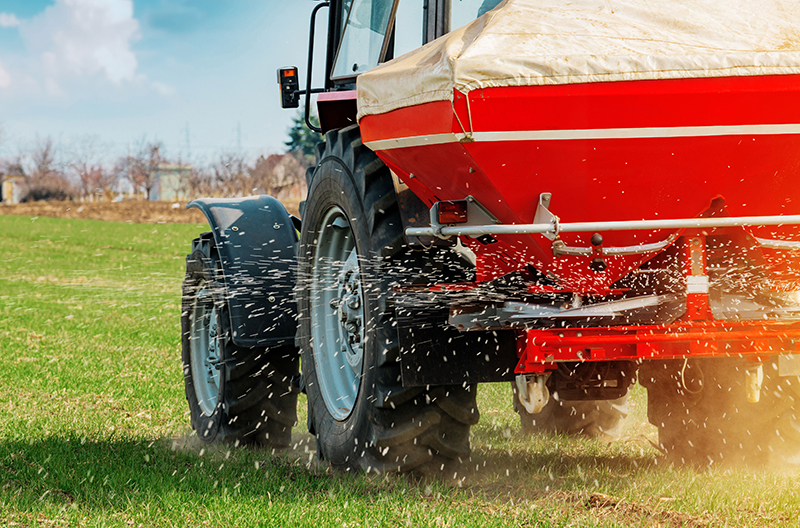Atlanta-based DS Smith, a paper, packaging and recycling company, says it has converted more than 300 tons of soil additives last year from paper mill waste once headed to landfills, and hundreds more tons are expected to be produced for farmers and agriculture markets in 2022.
The latest tally is triple what the company provided last year for farmers seeking natural, environmentally protective ways to enrich soil and boost production.
The average farmer will spread about 2 tons of that biochar per acre to enhance soil conditioning and remediation. Wood fibers used in the paper-making process are renewable by nature, but DS Smith and its partner, Wakefield BioChar, augment the wood ash with additional nutrients, doing more to improve crop yield.
“It’s our way of lending a helping hand to farmers, a critical cog in America’s supply chain. With the paper industry seeing record demand for packaging products because of the pandemic-fueled increase in e-commerce, our paper mills are producing more wood ash, also called biochar, a high-carbon and mineral rich by-product of the paper making process,” said Giancarlo Maroto, DS Smith’s managing director of paper, forestry and recycling.
“Converting our excess wood ash for growers is a natural way of rejuvenating their soil, because we’re replacing the raw organic material that was harvested from our forests, allowing the natural processes in the soil to stay healthy and continue its positive impact by holding potentially climate changing emissions in the earth.”
Wood ash is a byproduct of the thermal process that powers a paper mill. When converted to mineral-rich biochar managed by Wakefield, it contains many elements that trees need for growth, such as calcium, potassium, magnesium and iron. Since most of these elements are extracted from the soil and atmosphere during a tree’s growth, they are common in the environment and essential in production of crops and forests.
About 3 million tons of wood ash are produced annually in the U.S. While about 80 percent of all material is applied to land in the Northeast, less than 10 percent is applied in the Southeast, with the majority being used as landfill cover.
DS Smith’s purpose is to “Redefine Packaging for a Changing World,” and as part of its recently launched “Now and Next Sustainability Strategy” and commitment to the circular economy, the company by 2030 will use packaging and recycling to replace problem plastics, reduce customer carbon and eliminate consumer packaging waste.
DS Smith is a leading provider of sustainable fiber-based packaging worldwide, which is supported by recycling and papermaking operations. It plays an important role in the value chain across sectors including e-commerce, fast moving consumer goods and industrials.
For more information, visit dssmith.com.

